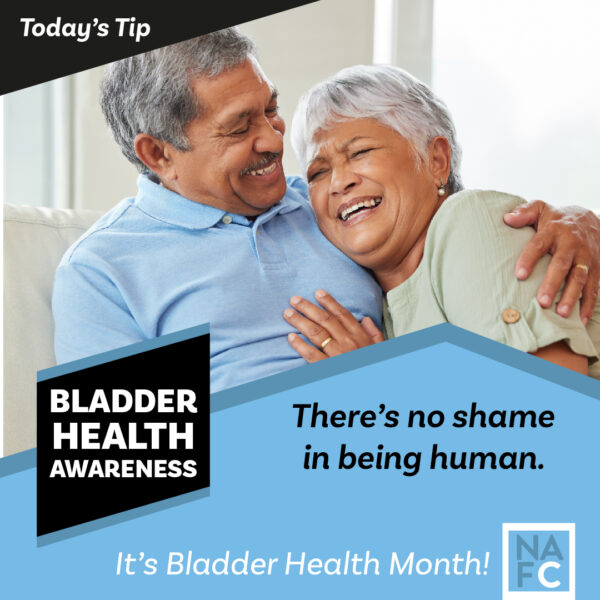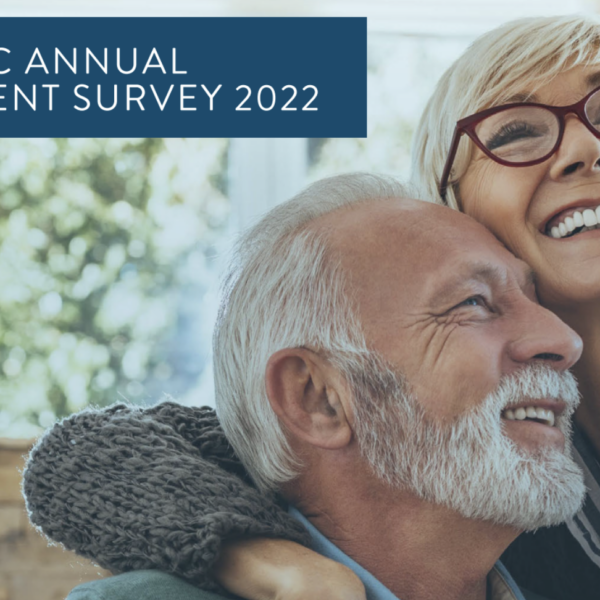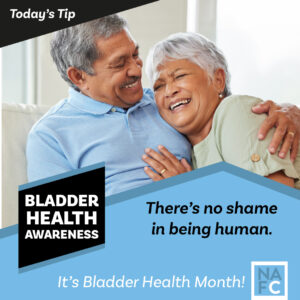4th Annual Patient Survey
As with urinary incontinence, bowel incontinence is embarrassing and perhaps even harder to talk about. At NAFC, we have worked hard on our 4th Annual Patient Survey, (this one on bowel health) to better understand how patients cope with their condition, what patient’s journey to care is and understand the needs and frustrations of those living with these disorders so we can help them find the quality care they deserve.
An estimated 3.1 million adults (1.3%) in the United States have been diagnosed with inflammatory bowel disease (IBD), which includes Crohn’s disease and Ulcerative Colitis. As many as 70,000 new cases of IBD are diagnosed in the United States each year. The symptoms and complications of IBD are associated with substantially impaired health-related quality of life . Recently evidence on the social stigma associated with IBD has confirmed what we have suspected for far too long.
Nearly 63% of those suffering with IBD did not disclose to family, friends or even HCP’s their condition.
Nearly 50% of those suffering felt that their condition was not taken seriously by others. To make matters worse those suffering with IBD reported others thought the condition self-inflected and “all in their heads.” In addition to the social stigma, physical complications of IBD can often arise after diagnosis.
Extraintestinal Manifestations (EIMs) are seen in 25–40% of IBD patients.1 Inflammatory manifestations of the skin, eyes, liver, and joints are considered primary manifestations. Twenty-five percent of IBD patients have more than 1 EIM. The development of 1 EIM appears to increase the risk of developing a second EIM.3 Few studies have specifically examined how frequently an EIM is a patient’s presenting symptom or is present at the time of diagnosis versus occurring later in the disease course.
Bowel issues affect an enormous number of patients – according to the National Institutes for Health, about 1 in 3 people who see a primary care provider experience fecal incontinence – and their severity and consequences can vary greatly. That’s no surprise considering how broad the range of conditions is, including accidental bowel leakage (ABL), irritable bowel syndrome (IBS), Crohn’s disease and Ulcerative Colitis, among others.
Bowel Insights To Inform Future Patient Tools & Resources
In the coming weeks, we will share the results of this survey. As with previous surveys, NAFC leveraged its well-established online community to reach patients living with bowel conditions. In particular, we promoted participation through our website, messaging forums, social media pages and newsletters to drive awareness and engagement. The survey consisted of 60 questions anonymously administered online through polling platform Qualtrics. We received over 500 completed surveys.
Polling was conducted, tabulated and analyzed in association with C+R Research, a leading national
research and insights firm with more than 60 years’ experience serving a wide range of industries, with particular expertise in healthcare and health products/services.
Many of our findings reinforced what we already knew or suspected, but there were a number of unexpected results, as well. Among the survey’s most significant revelations was that patients have an extremely difficult time getting adequately diagnosed and treated, and finding quality care can be a real challenge. We also got a much better perspective on just how difficult it can be to plan day-to-day activities and maintain a satisfactory quality of life. With this information, we intend to develop programs, provide resources and lead support efforts that can be of real benefit to today’s patients, caregivers and healthcare providers.
We look forward to sharing this work, learning even more and providing even greater assistance the bowel incontinence community.
In the meantime, if you are looking for more information on bowel health education for your patients, check our our recently updated Bowel Health Center here.
To learn more about our past Annual Surveys click here.
Download a Bowel Diary/Tracker for your patients here






